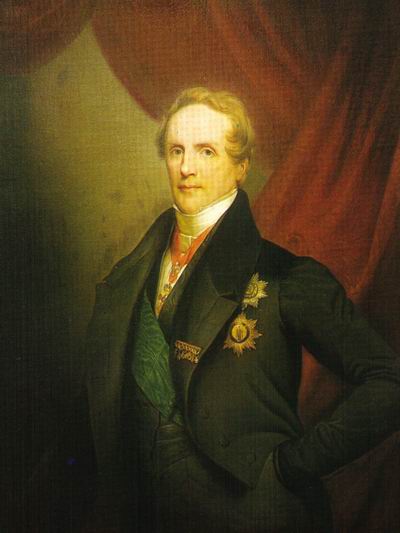15 1795 cölln near berlin died jan.
Frederick william iv of prussia crown from the gutter.
William his brother served as the regent after 1858 and after frederick s death he succeeded as the new king.
Frederick william iv german.
Finally when austria had been excluded from the new empire he replied to the parliamentary deputation that came to offer him the imperial crown that he might have accepted it had it been freely offered to him by the german princes but that he would never stoop to pick up a crown out of the gutter.
2 territories which prussia strips from the country they went to war with to bring the southern states into the fold.
All of the following are known as enlightened monarchs except.
In 1857 he was incapacitated by a stroke and his brother the future william i became regent 1858 61.
The future king and emperor was born wilhelm friedrich ludwig of prussia in the kronprinzenpalais in berlin on march 22 1797.
He eventually turned prussia into a constitutional monarchy.
What was frederick william iv s response to the offer from the frankfurt assembly.
In the aftermath of the failed revolution frederick william followed a reactionary course.
Frederick william iv born oct.
Also referred to as the romanticist on the throne he is best remembered for the many buildings he had constructed in berlin and potsdam as well as for the completion of the gothic cologne cathedral.
Wilhelm was the first head of state of a united germany and was also de facto head of state of prussia from 1858 to 1861 serving as regent for his brother friedrich wilhelm iv.
Freidrich wilhelm of prussia was offered the crown of germany but he turned it down stating that he would not accept the crown from the gutter.
By that he meant that he could not accept the.
No i will not take a crown from the gutter.
Frederick william iv suffered multiple strokes between 1857 and 1861 and was incapacitated in his later years.
What if prussian king frederick william iv would have swallowed his scruples and accepted the crown from the gutter in 1848 1849 believing that achieving german unification under prussian rule was more important than taking a moral stand against revolutionaries.

